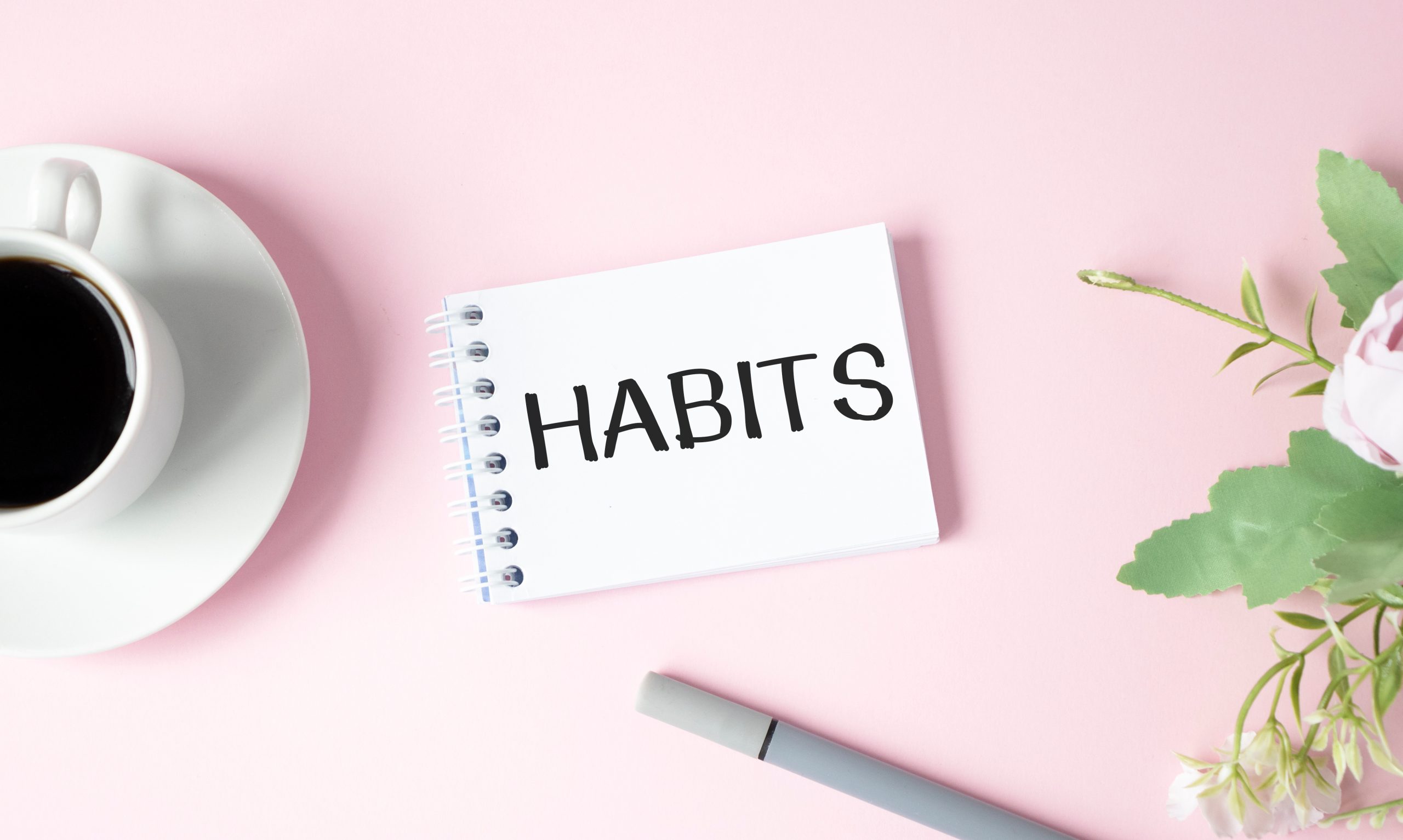A bestselling author’s raw confession about love addiction exposes the destructive reality of behavioral addictions that progressive culture often dismisses or romanticizes.
Story Snapshot
- Elizabeth Gilbert reveals her struggle with love addiction in new memoir “All the Way to the River”
- The book chronicles her codependent relationship with late partner Rayya Elias through addiction and terminal illness
- Gilbert’s candid account challenges cultural romanticization of obsessive love relationships
- The memoir highlights how behavioral addictions can be as destructive as substance abuse
Gilbert’s Shocking Personal Revelation
Elizabeth Gilbert, author of the globally successful “Eat, Pray, Love,” has released a brutally honest memoir detailing her battle with sex and love addiction. “All the Way to the River: Love, Loss, and Liberation” exposes how the celebrated author’s personal life spiraled into destructive codependency with her late partner Rayya Elias. Gilbert’s confession marks a stark departure from her previous work’s optimistic tone, revealing the darker reality behind her public persona.
The memoir spans Gilbert’s 17-year friendship with musician Rayya Elias, which transformed into a romantic obsession after Elias received a terminal cancer diagnosis in 2016. Gilbert left her marriage to become Elias’s caregiver, entering what she now recognizes as a mutually destructive relationship characterized by addiction—Elias to drugs, Gilbert to love and sex.
Watch: Elizabeth Gilbert’s Heartfelt Memoir: A Journey Through Love and Loss – YouTube
The Destructive Reality of Behavioral Addiction
Gilbert’s account exposes how sex and love addiction operates with the same devastating patterns as substance abuse, despite lacking formal medical recognition as a diagnosis. Her relationship with Elias became a cycle of emotional highs and crushing lows, with Gilbert’s obsessive behaviors mirroring traditional addiction patterns. The memoir details how this behavioral addiction consumed her rational decision-making and led to increasingly destructive choices that ultimately damaged both partners.
The author describes her addiction as equally powerful as Elias’s drug dependency, challenging the cultural tendency to minimize or romanticize obsessive love. Gilbert’s frank discussion reveals how behavioral addictions can destroy relationships, families, and individual well-being just as effectively as chemical dependencies. Her experience contradicts progressive narratives that often glorify intense romantic passion without acknowledging its potential destructiveness.
Recovery and Personal Accountability
Following Elias’s death in 2018, Gilbert confronted her own addictive patterns and began a recovery journey emphasizing personal accountability and healthy boundaries. The memoir documents her path toward understanding how obsessive love differs from genuine care and commitment. Gilbert’s recovery process involved recognizing her role in enabling destructive patterns and learning to distinguish between healthy devotion and addictive compulsion.
Gilbert’s willingness to expose her personal failures demonstrates the importance of individual responsibility in overcoming behavioral addictions. Her story emphasizes that recovery requires honest self-examination and the courage to change destructive patterns, regardless of external circumstances or societal acceptance of such behaviors. This approach aligns with traditional values emphasizing personal accountability over victim mentality.
Sources:
Elizabeth Gilbert opens up about her ‘sex and love addiction’ in raw new memoir
‘Eat, Pray, Love’ author Elizabeth Gilbert gets raw about sex and love addiction
Elizabeth Gilbert on Love, Loss & Her New Book “All the Way to the River”
A Look Inside My New Book









